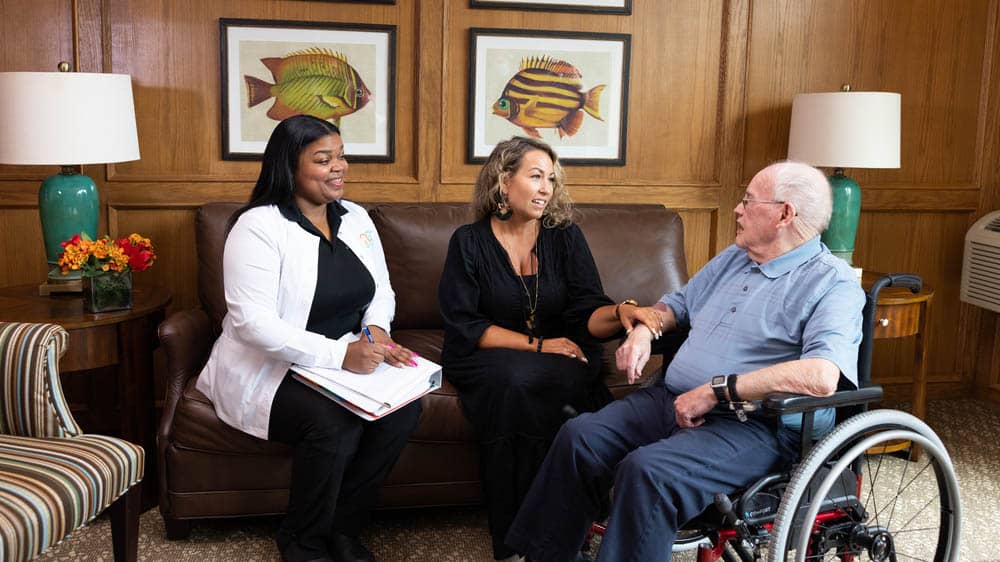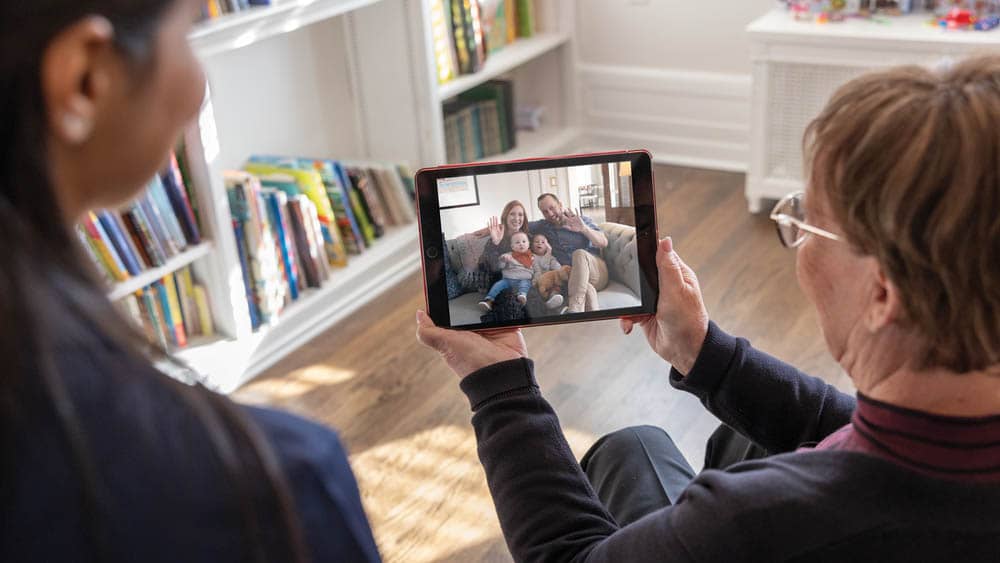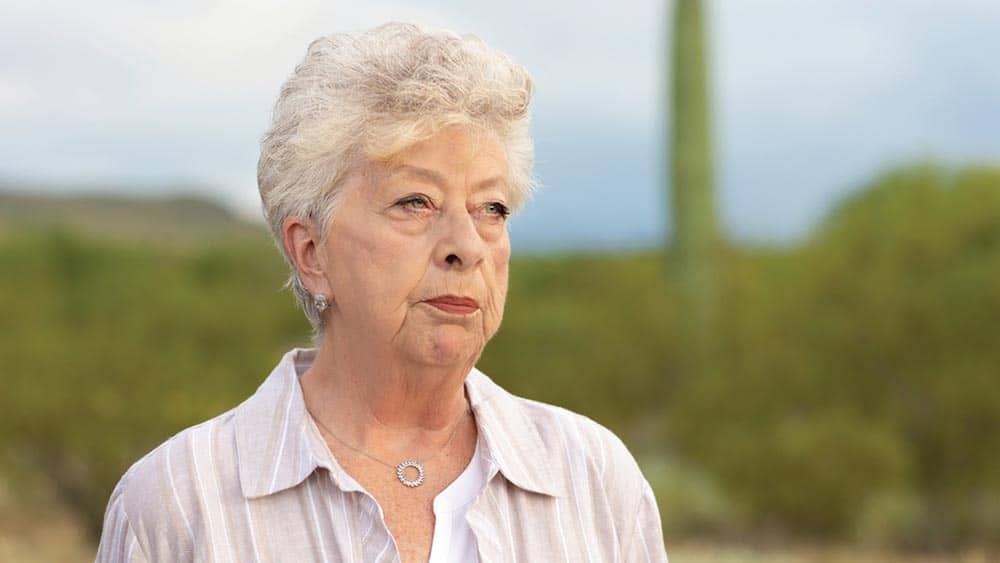

Safe Nighttime Toileting
Getting out of bed at night to visit the toilet is a leading cause of falls by elders. Risk factors for nighttime toileting falls include:
- Taking medications that have side effects, such as confusion, balance loss, sedation, etc.
- Cognitive impairment.
- Sleep problems, causing one to be groggy and unsteady.
- Impaired vision (cataracts, macular degeneration and glaucoma) and slower adaptation to changes in lighting (sudden visual loss may occur when the person moves between dark and brightly illuminated areas).
- Impaired balance/coordination.
- Urinary incontinence/frequency.
Preventive Strategies
Nighttime toileting falls are due to:
- Health problems — diseases and/or drugs interfering with an individual’s walking/balance.
- Home hazards that can lead to slips, trips or balance loss.
Avoiding nighttime falls is a two-step process. First, the elder should visit their health provider for a complete evaluation to identify all diseases/drugs placing the individual at risk for nighttime falls and to develop a plan to reduce risk. Second, make sure that the bedroom and bathroom are safe for the elder when they toilet at night. There are many modifications that can help:
Bed
Elders commonly fall out of bed in two ways: they can be disoriented and get up too fast, or they roll over too far while sleeping and fall off the bed. A bed rail helps the person get into and out of bed on their own, and most importantly, a bed rail can stop falls out of the bed.
Lighting
Being able to see clearly when going from the bed to the bathroom at night helps elders avoid obstacles and maintain balance. Consider:
- A bedside table lamp with a sufficient base to prevent it from tipping over, positioned to avoid excessive reaching and possible loss of balance.
- Night lights to illuminate the path from the bed to the bathroom. Automatic night lights that plug into wall outlets are a great choice for bathrooms and bedrooms.
- Wireless motion-sensing lights. Individuals sometimes don’t remember to turn on the lights or feel they don’t need them. Motion-sensing lights remove the need to turn on the lights and are a great way to make sure the bedroom and bathroom are always well-lit.
Flooring
- Remove and replace any carpet, rug, runner or mat that tends to bunch up or slide underfoot. Purchase only carpets, rugs, runners and mats featuring slip-resistant backing or padding.
- Install glow-in-the-dark features to make it easier for residents to get about at night, for example, illuminated (glow-in-the dark) foot paths and paint on bathroom door frames.
Toilets
Consider toilets that light up at night (activated by motion sensors). This can help individuals find the toilet in the dark. Individuals with dementia can easily get distracted, but this draws them to the toilet and helps them focus, particularly at night (see image).







